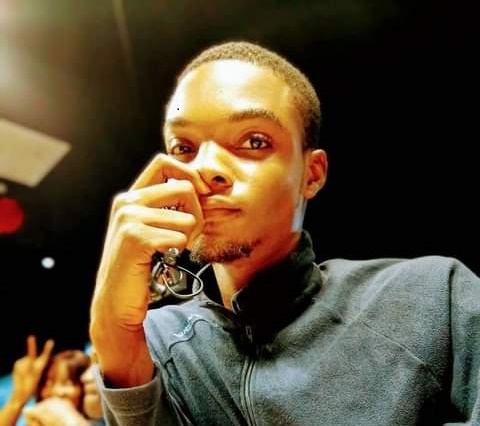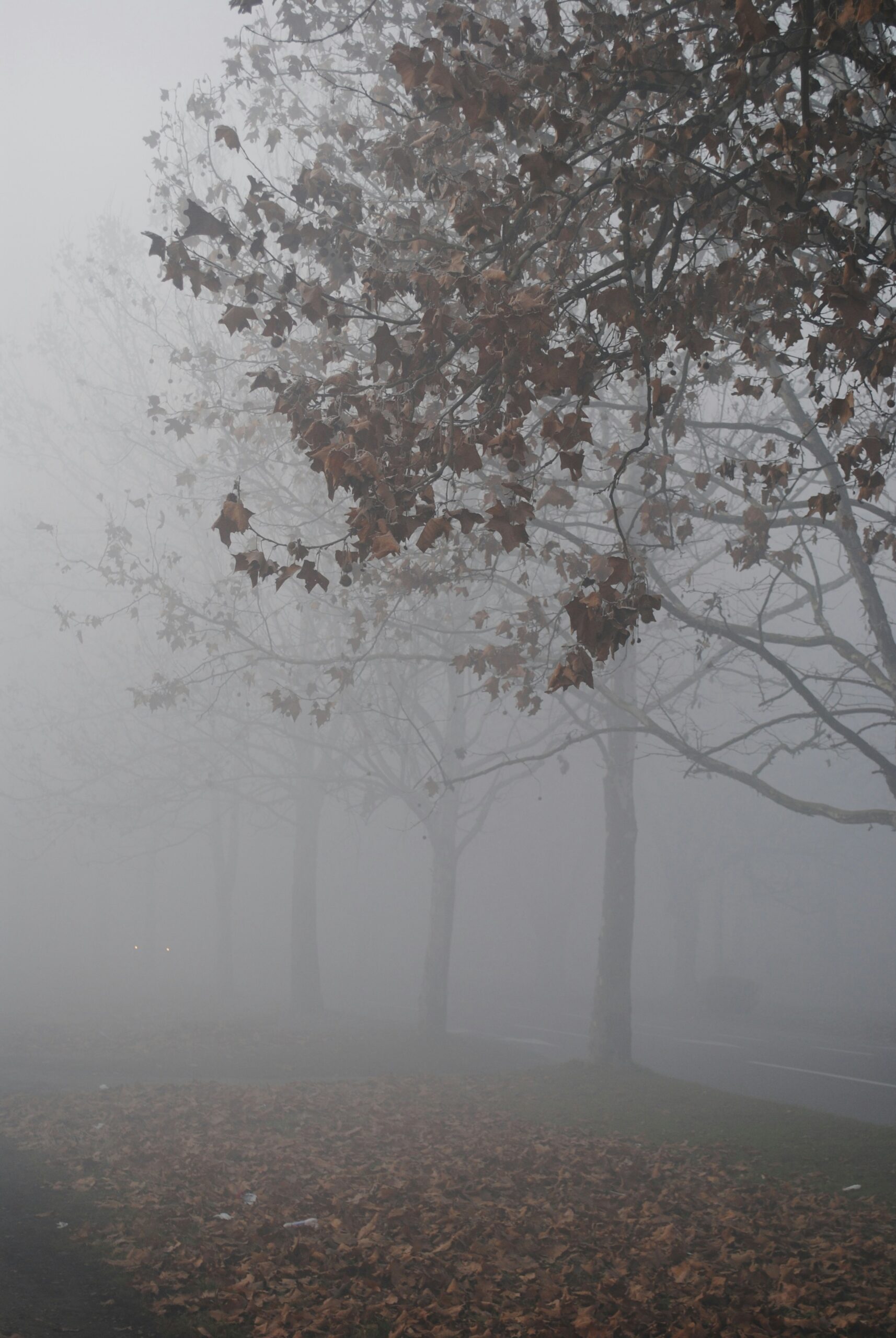Konya Shamsrumi: What is the process of writing a poem like for you? Is it a lot of hard work or easy?
Onyedikachi Chinedu: These days, the process of writing a poem is a daunting task. One which involves a lot of mental work, a strict concentration on words and forms, and the willingness to follow wherever the poem directs. I can not say I have a way I write my poems. Or a special position I assume to write. However, they come in fragments of phrases or themes or emotions or a line from (some other) poet’s work. They infuse their overpowering presence all over me that I don’t have a say in what’s required to write the poems.
Writing a poem is like talking to oneself, which involves questioning the poem and the speaker. Which, also, involves dismantling what I know and accepting that to write a poem is to be an empty well, is to be a boy without skills; to be accessible and vulnerable. I am still in the process of finding what easy or complex ways are there in writing poems of truth and documentation. But to paraphrase Ocean Vuong, mildly, is to say: I live, laugh, speak, and play with my poems.
I shan’t say it’s easy or hard. I enjoy and love writing. Writing is hard. There’s no easy way to go about it.
Konya Shamsrumi: Please describe your sense of identity in this or any possible world in imagery or metaphor
Onyedikachi Chinedu: I think of myself as a quiet house, a hummingbird, a curve of majestic colors across a sad sea, the voice of a toddler, and a mad parrot locked behind bars and language (which seems to me as my voice). I see myself as a voice burdened with words and desperation: a Malcolm. I won’t say all of these metaphors or imageries do some justice to my personality, but this is how I feel when I look at myself at a certain apex. To identify with a particular thing is a way of fellowshipping with it, too. So, I’m a quiet house with an analytical, inquisitive occupant. Lol.
Konya Shamsrumi: If any of your poems could literarily save a person’s life, which poem would it be, and can you describe the person whose life you think it would have saved?
Onyedikachi Chinedu: I’m still reading to learn and conserve and secure myself and voice within the literary space. I don’t think of my poems to have the healing power to save anyone, yet. Maybe I’m just not sure if they possess any atom of godly essence in them. Since I’m amateurish and bamboozled, I write for myself. I’m my only audience; and if my poems get out there, in the future, it has to rescue young and queer boys like me. Then I shall be writing about queer bodies earnestly.
Click here
Konya Shamsrumi: What does Africa mean to you, as potential or reality?
Onyedikachi Chinedu: Africa! My Africa has failed me. It has ceased to function as a continent, failed to recognize queer bodies, and failed to provide a safe milieu for our existence as humans. Africa has no tomorrow. Africa is a vast abyss of nothingness. Africa is the past if corrupt leaders keep their seats. I had imagined an Africa where literature and other social amenities are essential and accessible. However, it’s a dream, a far-fetched dream. Africa is the past, I parrot. Africa has no future without its young, intelligent men and women. Africa fails every time a child dies without medical care, every time there’s no scholarship to support its students. Africa, when and how?
Konya Shamsrumi: Could you share with us one poem you’ve been most impressed or fascinated by? Tell us why and share favorite lines from it.
Onyedikachi Chinedu: I think Gabriel Okara’s The Fisherman’s Invocation is a poem that fascinates me with its composition and weight of language. A poem about rebirth and celebration. One of the reasons why I shall go with Okara’s poem is for its tone, also. Wherein the persona in the poem leads the reader from one moment of crapulous glee and prosperity of the dance to a different verse of “bodies turn cold” from “the palm-wine descending from their heads to settle in their bellies”. A poem of festivity and bodily movements. A poem where the reader “is now lying on laps feeding on measureless breasts of the Back”. Okara’s poetry is the “measureless breast of the Back”. The Back, in context, is poetry.
The images in this video are (c) Jean-François Hellio and Nicolas Van Ingen and show the inland Niger delta located in #Mali. Gabriel Okara was from the lower Niger delta, found in southern #Nigeria.More details on the Wetlands International and IUCN, International Union for Conservation of Nature project HERE.
Onyedikachi Chinedu is a queer poet; his works are published and forthcoming in Artslounge, Mementos: An Anthology of Contemporary Nigerian Poetry, Rising Phoenix Review, Stone of Madness Press, and Lucky Pierre. A poetry Reader for Non.PlusLit.
- Poets Talk: 5 Questions with Kayeon Onyeka - February 25, 2025
- Poets Talk: 5 Questions with Jakky Bankong-Obi - December 3, 2024
- Poets Talk: 5 Questions with Odu Ode - November 26, 2024













Leave a Reply